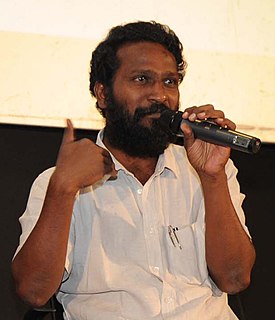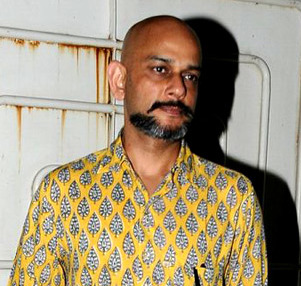A Quote by Vetrimaaran
It is a challenging task to adapt a book to screen presentation and you will not be able to satisfy those who read the classic novel.
Related Quotes
A reader does not suddenly comprehend what is being read or studied, in a snap, miraculously. Comprehension needs to be worked forged, by those who read and study; as subjects of the action, they must seek to employ appropriate instruments in order to carry out the task. For this very reason, reading and studying form a challenging task, one requiring patience and perseverance.
Here's what I want from a book, what I demand, what I pray for when I take up a novel and begin to read the first sentence: I want everything and nothing less, the full measure of a writer's heart. I want a novel so poetic that I do not have to turn to the standby anthologies of poetry to satisfy that itch for music, for perfection and economy of phrasing, for exactness of tone. Then, too, I want a book so filled with story and character that I read page after page without thinking of food or drink because a writer has possessed me, crazed with an unappeasable thirst to know what happens next.
I read everything. I'll read a John Grisham novel, I'll sit and read a whole book of poems by Maya Angelou, or I'll just read some Mary Oliver - this is a book that was given to me for Christmas. No particular genre. And I read in French, and I read in German, and I read in English. I love to see how other people use language.
I first heard the term "meta-novel" at a writer's conference in Tulsa, Oklahoma. The idea is that even though each book in a series stands alone, when read collectively they form one big ongoing novel about the main character. Each book represents its own arc: in book one of the series we meet the character and establish a meta-goal that will carry him through further books, in book two that meta-goal is tested, in book three - you get the picture.
I hope for so much from every book I read. And time and again, I find myself disappointed. I look across my bookshelves and see hundreds of titles which in my memory seem merely mediocre or second-rate. Only occasionally does a novel appear for which I feel a lasting passion, a book that I think could in time become a classic.
You can't write a book if you've never read a book. And if you've read five books and you try to write a book, your book will mainly encompass the themes and the context of the five books you've read. Now, the more books you read, the more you can bring to a book when you decide to write one. So the more rap I learned, the more I was able to bring to rap when I decided to rap. But this was all subconscious.
It's very bad to write a novel by act of will. I can do a book of nonfiction work that way - just sign the contract and do the book because, provided the topic has some meaning for me, I know I can do it. But a novel is different. A novel is more like falling in love. You don't say, 'I'm going to fall in love next Tuesday, I'm going to begin my novel.' The novel has to come to you. It has to feel just like love.




































